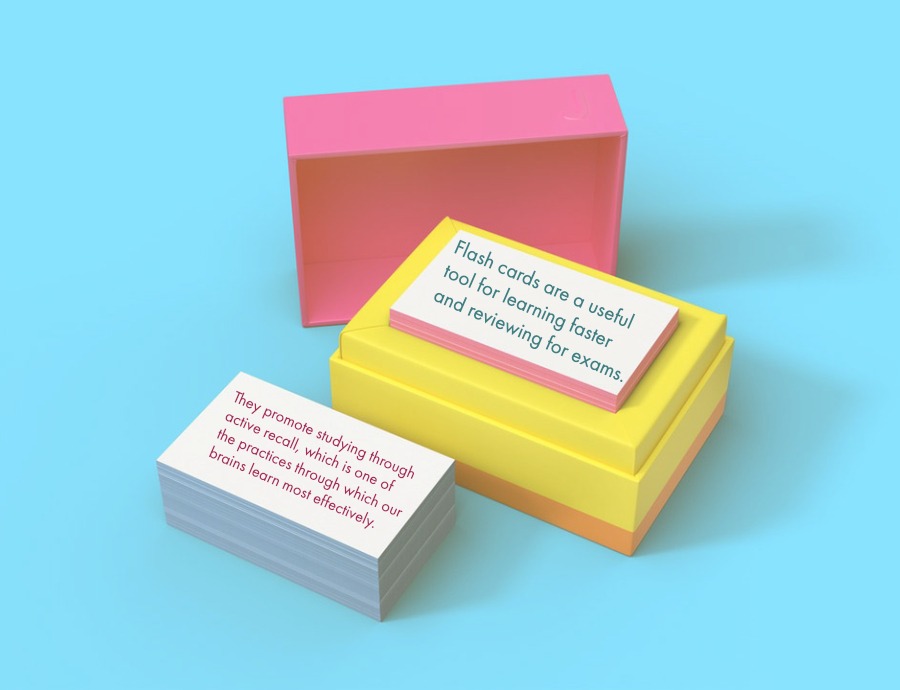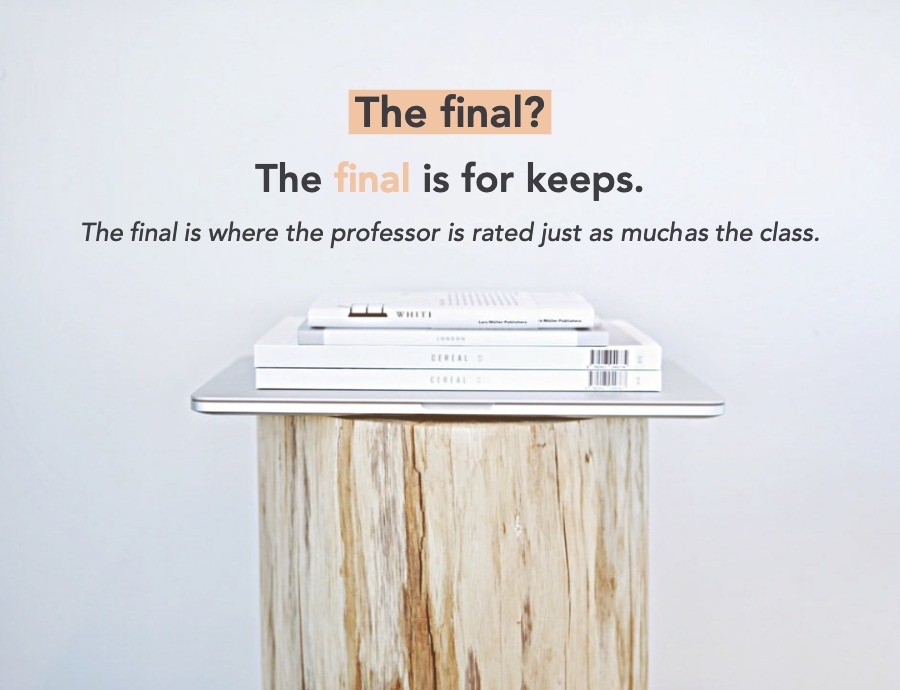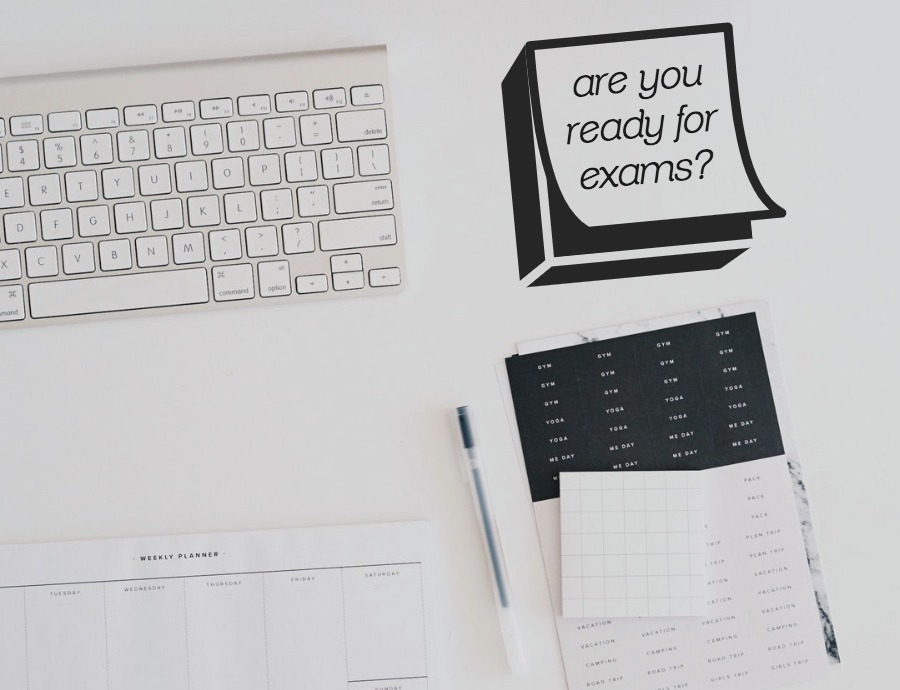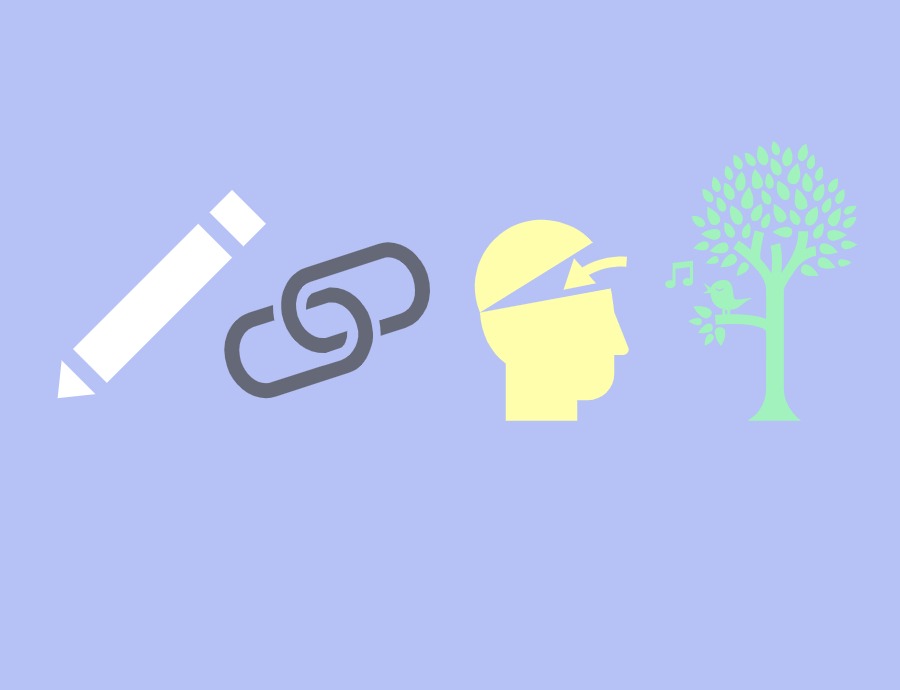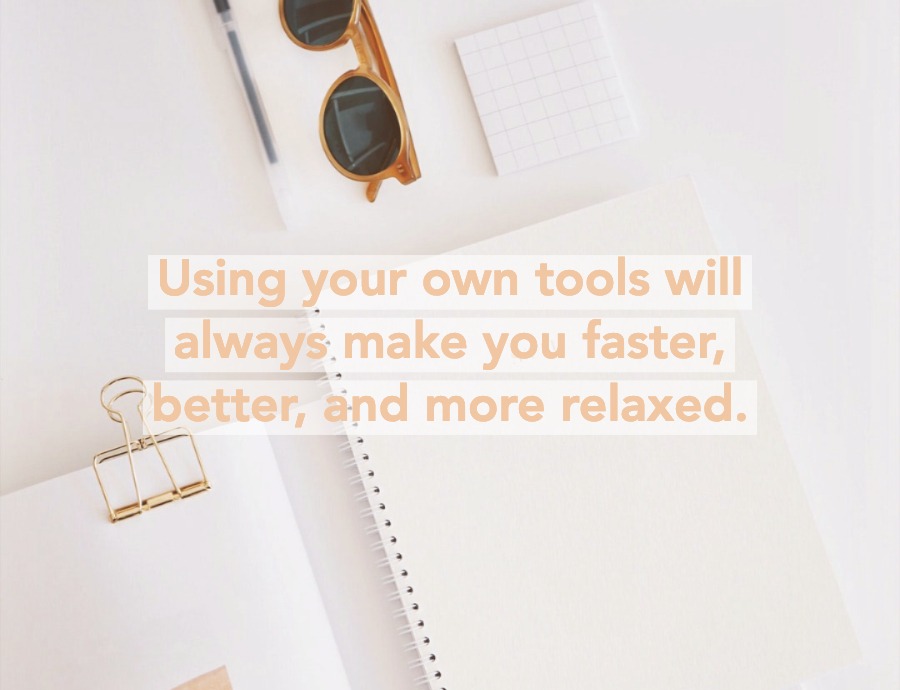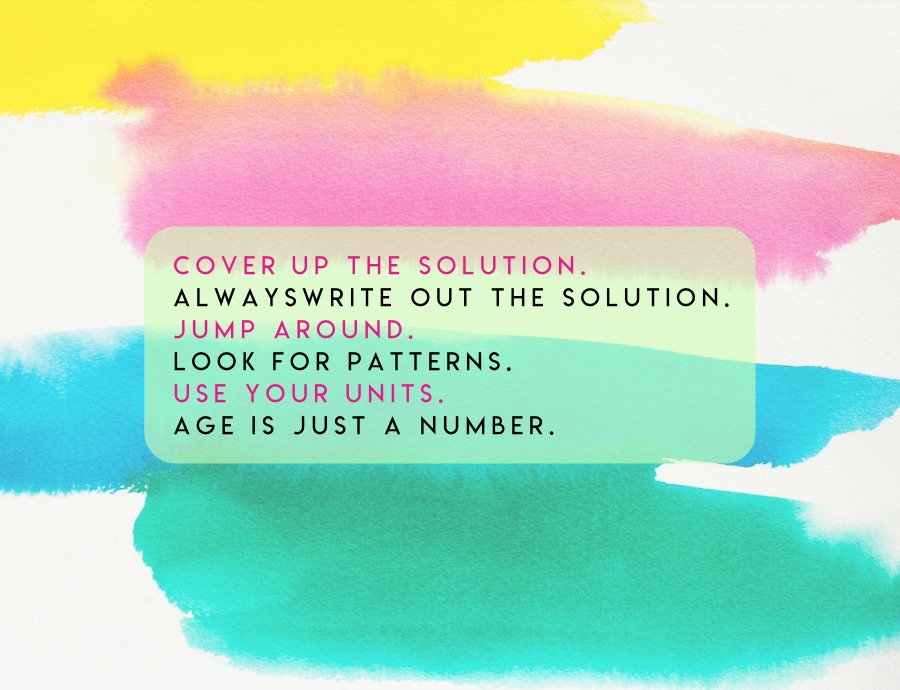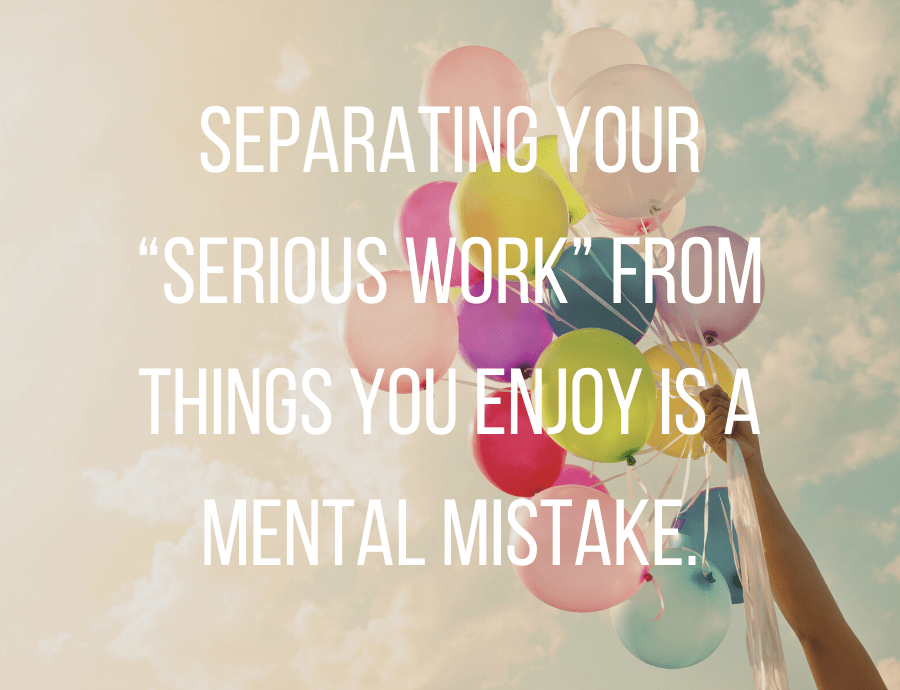If you want to get ahead, you need to use everything in your arsenal. Study as much as you can, in as many ways as you can, and hopefully get the information to stick. One very effective, but often misused, technique is flash cards. Here are some tips to help you to use them properly.
Flash cards can be an important and powerful tool, but you need to make them well and work with them wisely. The best way to use them is to make the cards early and to make using them routine.
- Make your own flash cards. For regular studying, nothing can beat writing your own flash cards by hand. Just the process of reading through your notes and thinking through what to write can help you to increase your understanding and iron out potential problems. The process of writing out the cards will help you to remember. So don’t use apps to generate your first set of flash cards. Don’t use computer programs. Even if you have upper year friends who have given you a deck of never-fail flash cards, you won’t learn them as well as you’d learn your own. Take the time to think through and write out your own set. Write the information in your own words, and you’ll remember much more, much faster.
- Use apps only for on-the-go studying and timed repetition. If you know that you’ll have breaks in your schedule and will want to work on-the-go without the mess of a deck of cards to contend with, then apps can help you study with your phone. Companies such as StudyBlue, Quizlet, Anki, and Cram have apps that allow you to generate flash cards, load them on your phone, and can also send you reminders for timed repetition.
- Mix words, pictures, mnemonics. Make your flash cards flashy. Use colours, draw pictures, write mnemonics and little stories, anything that you think might help you learn and remember. Give yourself as many opportunities to learn the concepts in as many ways as possible.
- Use questions and answers. Don’t just write facts on your flash cards. Write questions to engage yourself as you study. Try to imagine the questions that could end up on the tests and quizzes.
- Don’t cram too much information – break concepts into multiple questions. Don’t fill each flashcard with information. It will be overwhelming to look at, and won’t engage you as you’re working. Break each concept down, and keep the questions and answers short.
- Study both ways – question to answer and answer to question. To make sure that you really understand the concepts, and that you’ll really be able to remember them, engage yourself as much as possible in as many ways as possible. Play Jeopardy: read a fact, and guess the question that it could answer.
- Study out loud or in writing. To beat the illusion of competence, don’t just read one side of the flash card and think the answer. Say it out loud, or write down your answer.
- Study often, but in small increments. Don’t force yourself to look through all cards in every deck, every time. If you’ve already mentally checked-out, then you won’t be helping yourself to force yourself to read through the remaining cards. A better strategy would be to go through half the deck, four times a day. You can even shuffle the cards to keep yourself guessing.
- Use the cards regularly. Only using the flash cards the night before a test won’t help you much. You won’t give your brain enough time to forge strong neural connections. The best way to learn and remember is to practice often, for as long a duration as you can manage. Use your flash cards as often as you can. You can make it habit by working with them when you get up, before you go to bed, and at other set times during the day.
Flash cards can be an important and powerful tool, but you need to make them well and work with them wisely. The best way to use them is to make the cards early and to make using them routine.

